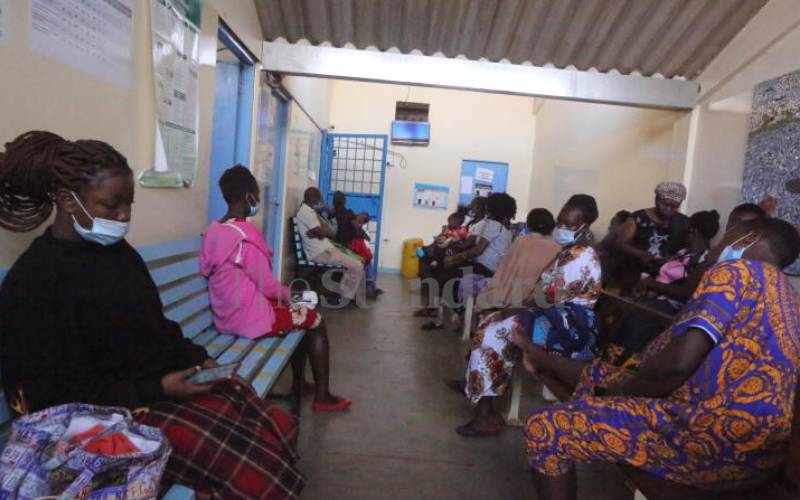
In Plato’s ‘Republic,’ the eponymous treatise modern states borrow some philosophical foundations from, Socrates argued that a nation of entirely good people would struggle to get a person willing to hold office because “to avoid office would be as much an object of contention as to obtain office.” He surmised that “true” rulers by nature had no regard for their own interest, concerned only with that of their subjects.
This is a far cry from the state of public service in Kenya, where people are falling over themselves to ascend to power. Few politicians in Kenya have willingly foregone office even when accused of corruption, murder and grabbing of land. Socrates would turn in his grave if we as much as called these corrupt people leaders. In his dialogue with Glaucon and Thrasymachus, Socrates argued that “good men do not wish to be openly demanding payment for governing and so to get the name of hirelings, nor by secretly helping themselves out of the public revenues to get the name of thieves.”